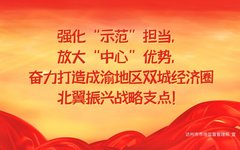
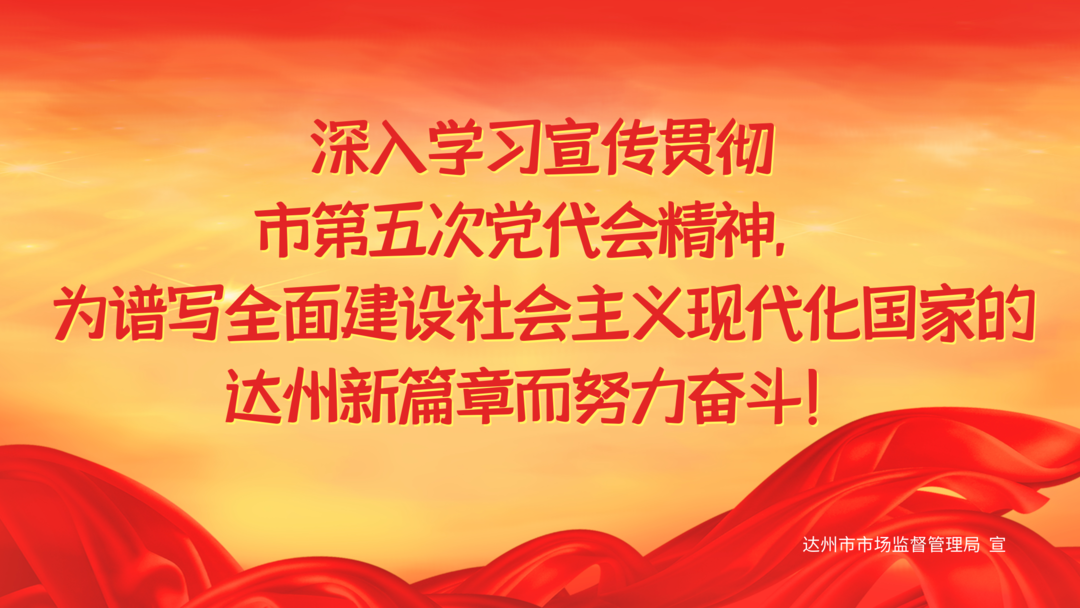
|
What are Water Pills? Water pills refer to pills made by finely grinding herbal pieces and using water or other solvents such as yellow wine, vinegar, diluted medicinal juice, sugar solution, or a water solution containing less than 5% honey as a binding agent. They are one of the traditional forms of Chinese medicine. In simple terms, they are pills made by mixing powdered herbal materials with a specific solution. Water pills are developed based on decoctions, retaining the advantages of traditional decoctions while also offering benefits such as ease of swallowing, resistance to moisture, and the ability to mask unpleasant odors of the herbs compared to other forms. Overall, water pills have the following characteristics: First, they use water or aqueous solvents as excipients, allowing the medicine to dissolve easily in the body after ingestion, leading to faster effects compared to concentrated pills, paste pills, or wax pills. Second, they generally do not add other excipients, resulting in a higher actual drug content, which can reduce the number of pills a patient needs to take at one time. Third, during the production process, water pills can more effectively control the unpleasant odors and instability of the herbal pieces, and by adding a coating to the medicine, the release speed and site of the drug can be controlled. Fourth, the pills are small, with a dense and smooth surface, making them easy to swallow and resistant to moisture, which is beneficial for storage. Common water pills include Liu Wei Di Huang Wan (Six-Ingredient Rehmannia Pill), Fang Feng Tong Sheng Wan (Siler and Unblocking Pill), Bao He Wan (Preserve Harmony Pill), and Xiao Yao Wan (Free and Easy Wanderer Pill). |
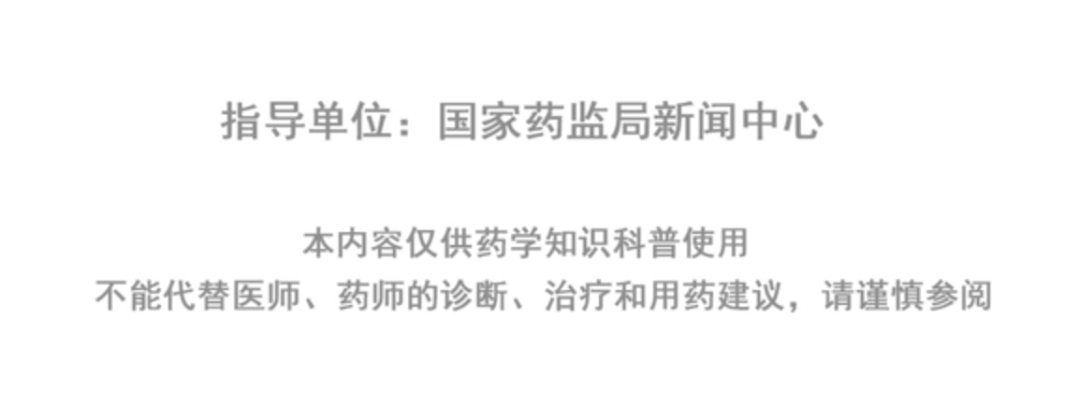
Source: Yao Xiao An
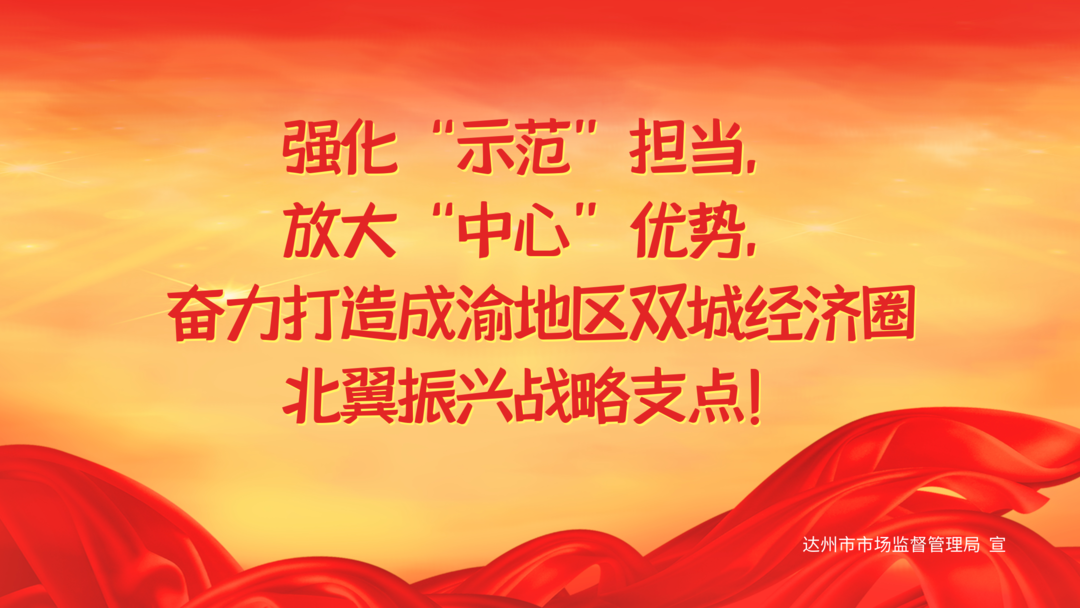
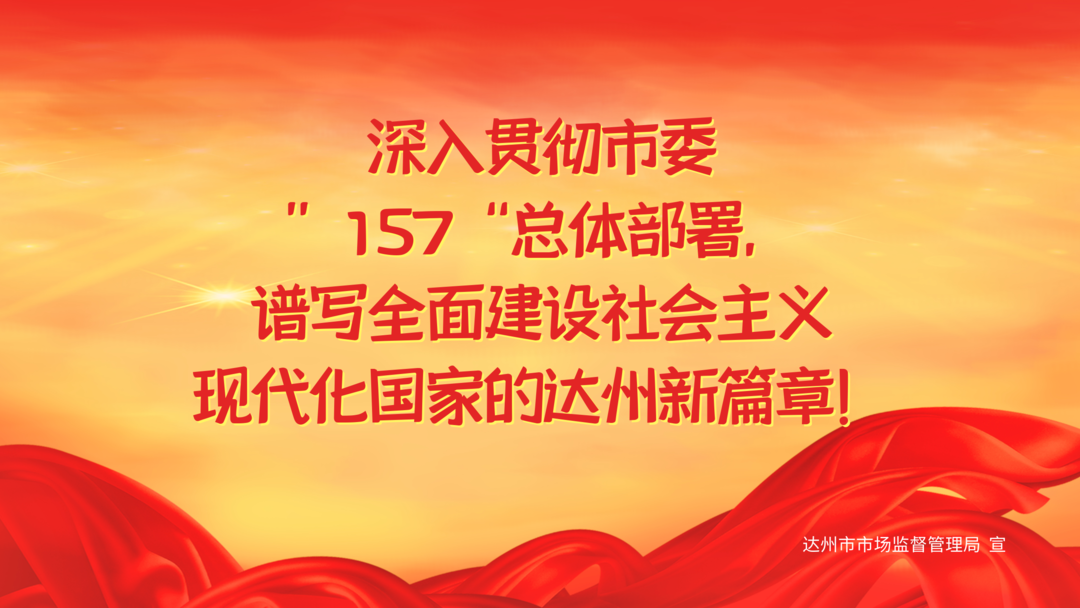
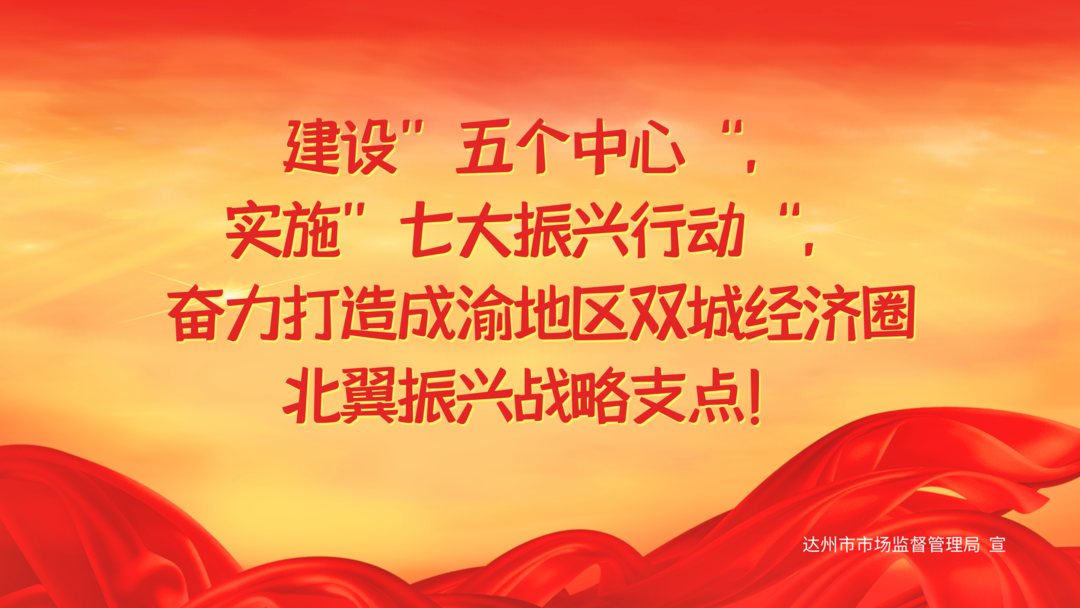
END

 Market Supervision Administration of Dazhou City
Market Supervision Administration of Dazhou City
Promoting Quality and Safety Knowledge, Conveying Market Supervision Dynamics
Ensuring Food and Drug Quality Safety, Serving the Development of Private Economy
Report Hotline: 12315

